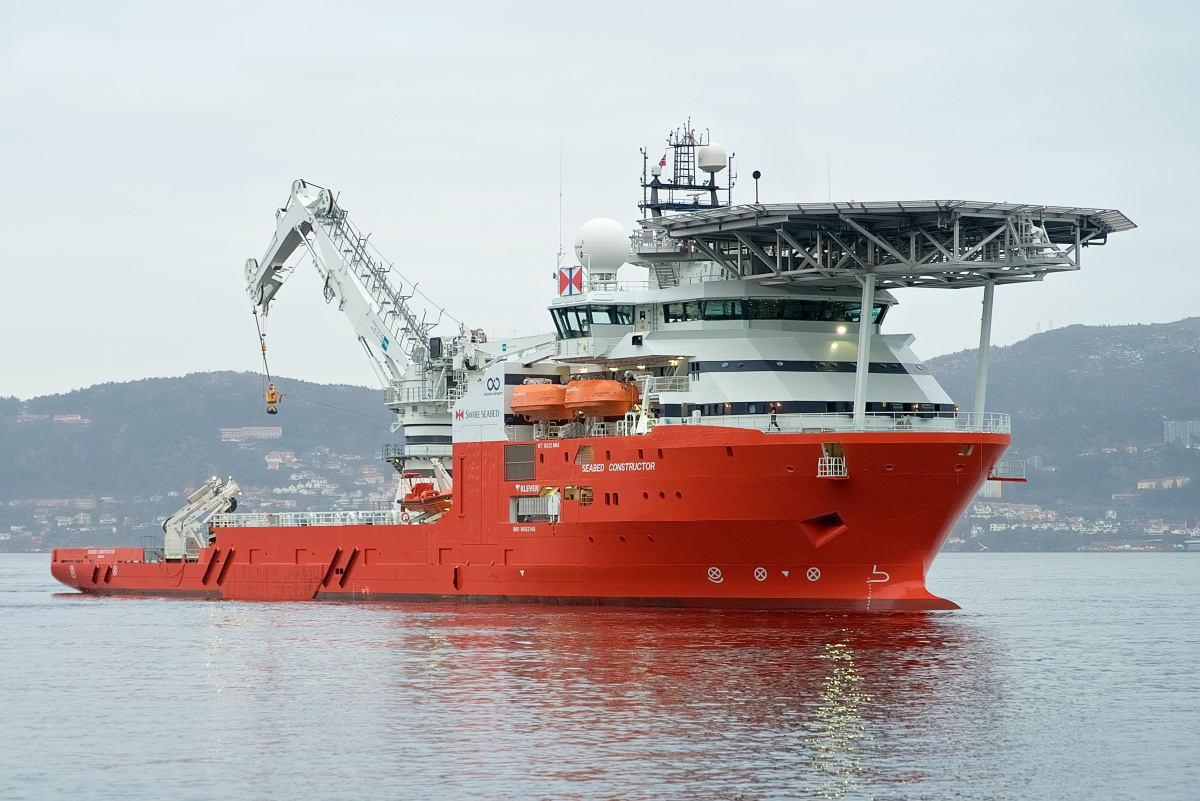As the search for MH370 resumes in the Indian Ocean, US company DarkWater Acoustics has patented an underwater locator beacon (ULB), or ‘adaptive pinger’, which it says could greatly increase the chances of finding missing aircraft or ships in the future.
The 2014 MH370 crash was the inspiration for the new device.
Conventional ULBs activate on contact with water. Most send out an ultrasonic 37.5 kHz acoustic ‘ping’ once a second, with a detection range of about 2–3 kilometres. The power of the signal is fixed and most have a battery life of about 30 days.
DarkWater says its adaptive pinger senses depth and can adjust its signal strength and frequency (ultrasonic and/or audible) to give searchers a more precise location. It can be configured to begin sending signals only after a fixed period, such as 30 days, by which the battery life of most conventional ‘black box’ pingers will have expired. The device can then send out signals at a lower pulse rate, such as once every three seconds, thus extending battery life for up to three months.
While it is larger than many conventional ULBs, it can be equipped with more than one battery and with data or voice recording capability.
DarkWater Acoustics says that its patent also covers the retrofitting of existing pingers so that they delay sending signals, giving searchers or rescuers time to arrive in the search area.




Comments are closed.